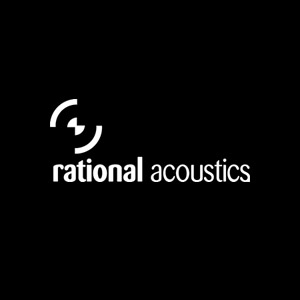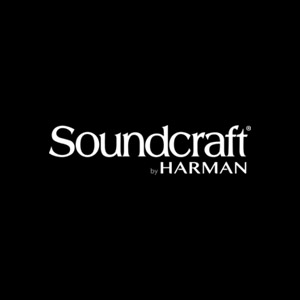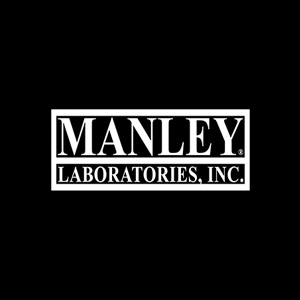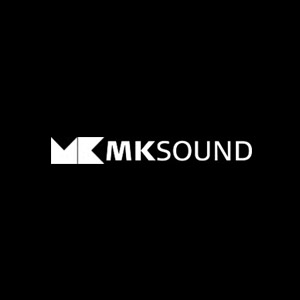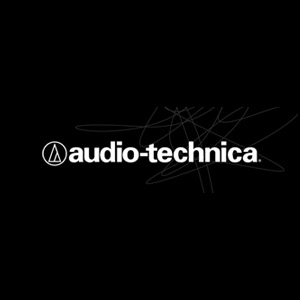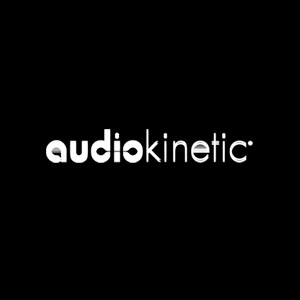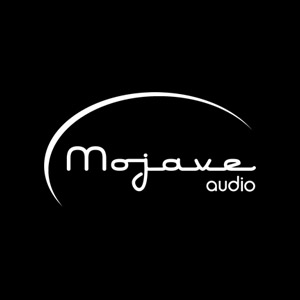Tips on How to Have a Great Music Production Career
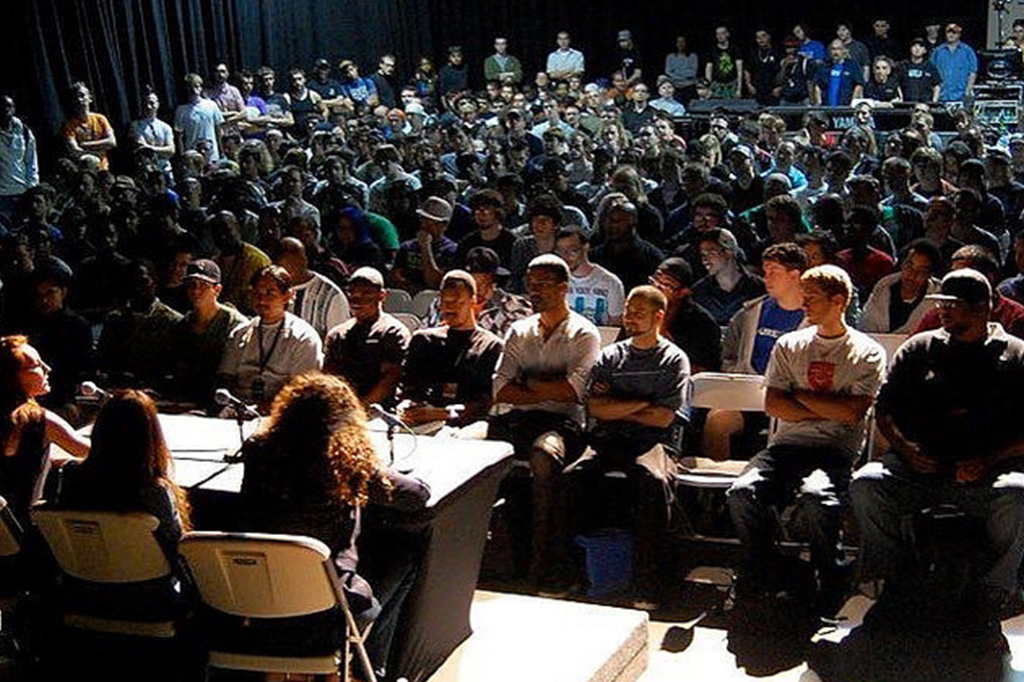
The world of commercial music and Professional Audio Engineering is a fast-paced and fascinating one. The Professional Audio industry, at large, offers great rewards and much success, however, it also demands the right knowledge inside the studio, particularly on the “make it happen” side of the glass.
Many burgeoning audio engineers and music producers try to look for production and sound engineering gigs before attending any sound engineering schools, music production schools or audio production schools. While some may “luck” into their chosen role, this is not the best way to approach a career in music production or audio engineering. With the fast paced changes, and technological demands of this industry, those who have “lucked” into their role soon find themselves overwhelmed, and under-prepared. While the Audio Engineering world is enticing to those cut from this cloth, the competition is fierce.
The best way to cut through the competition is with education, but not just any education will do. Learning the latest in hardware and software “tools,” and knowing how to use them, is one thing, but it is critical to understand WHY you are implementing that tool, WHERE that tool can be found, WHEN it should be implemented, and WHAT wanted audio end result you’ll gain from its use. If you are looking for the best music schools with music production programs or for the best audio engineering schools, you need look no further than CRAS (The Conservatory of Recording Arts and Sciences).
While some interested in a music production career may stagger along learning from videos or books, the people most interested in serious music production careers or audio engineering careers understand that a profound education is needed to be taken seriously. The need to be able to produce professional results from their first few minutes on the job is only attainable with a hands-on education, with access to industry-level tools, in an industry-level setting. There once was a time that a person could start at a studio, seeking “on the job training,” but those days are gone.
Today, Professional Audio production facilities solely seek out “hire” candidates that they believe have the best training in the field. On the job training in a professional studio simply isn’t financially feasible for the studio owner.
Music production careers are plentiful, but not easy to come by. The best way to assure secure upper-tier positions in the music production industry is through professional training in an audio recording school.
While a school of music in a traditional college situation may sound impressive, that is only part of the story. Along with it comes four long years of study, and course that, at times, do not pertain to the Professional Audio industry. Audio recording schools and music production schools, with their specialized type of trade school programs, fill a much needed gap in education for those with limited time, financial resources and the desire to become a potent force in the working-world. For example, the CRAS MRP II Program is completed in only forty-eight weeks, with thirty-six of them spent in a classroom situation and the rest spent in an internship designed to ease the soon-to-be-graduate into success.
The average student in a college generally incurs debt of $30,000 before ever earning his or her first dollar. Graduates of trade schools have the potential of earning a living in this field immediately after training. That means the trade school graduate has the benefit of beginning work and generating income, literally, years before the college grad. For those looking for a solid career in commercial music, or Audio Production as a whole, audio recording school can be the answer.
If there are financial considerations for the student, audio recording school financial aid programs can ease the way into a lucrative career. CRAS offers grants, scholarships and loans to many students. Of course, the greatest financial consideration is the future in music production jobs offered to those well-prepared in these often highly-paid fields.
CRAS is located in Tempe, AZ with a satellite campus in Gilbert, and is ready to connect you to your DREAMS in Professional Audio and Music Production.
